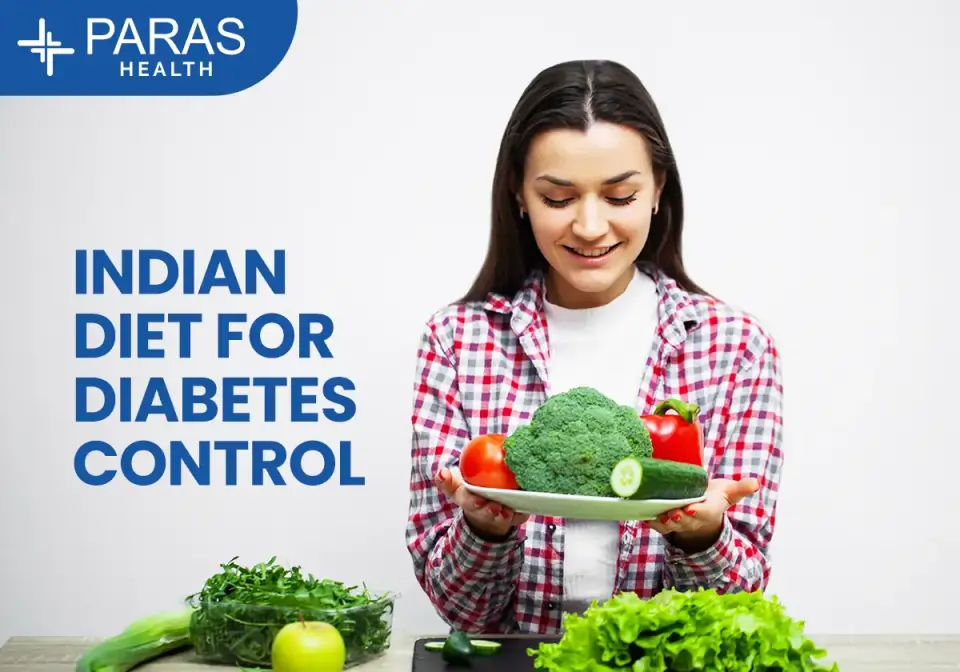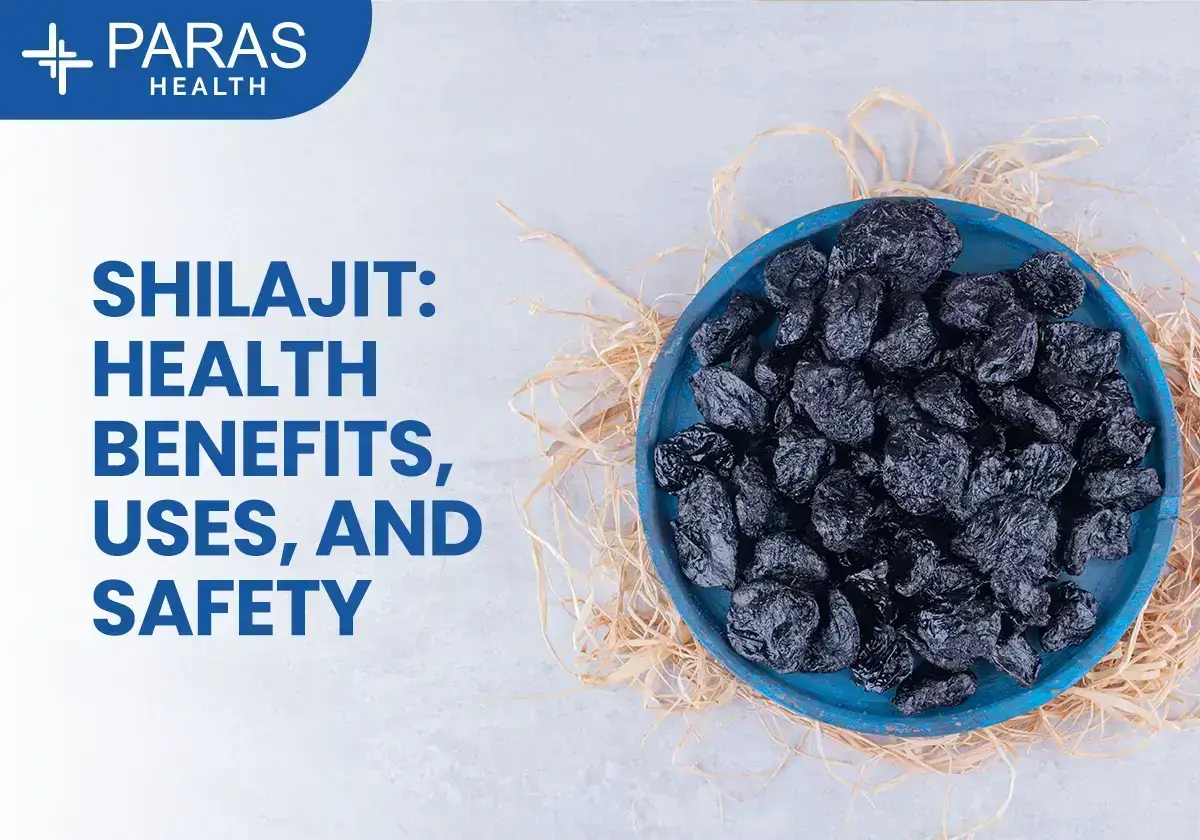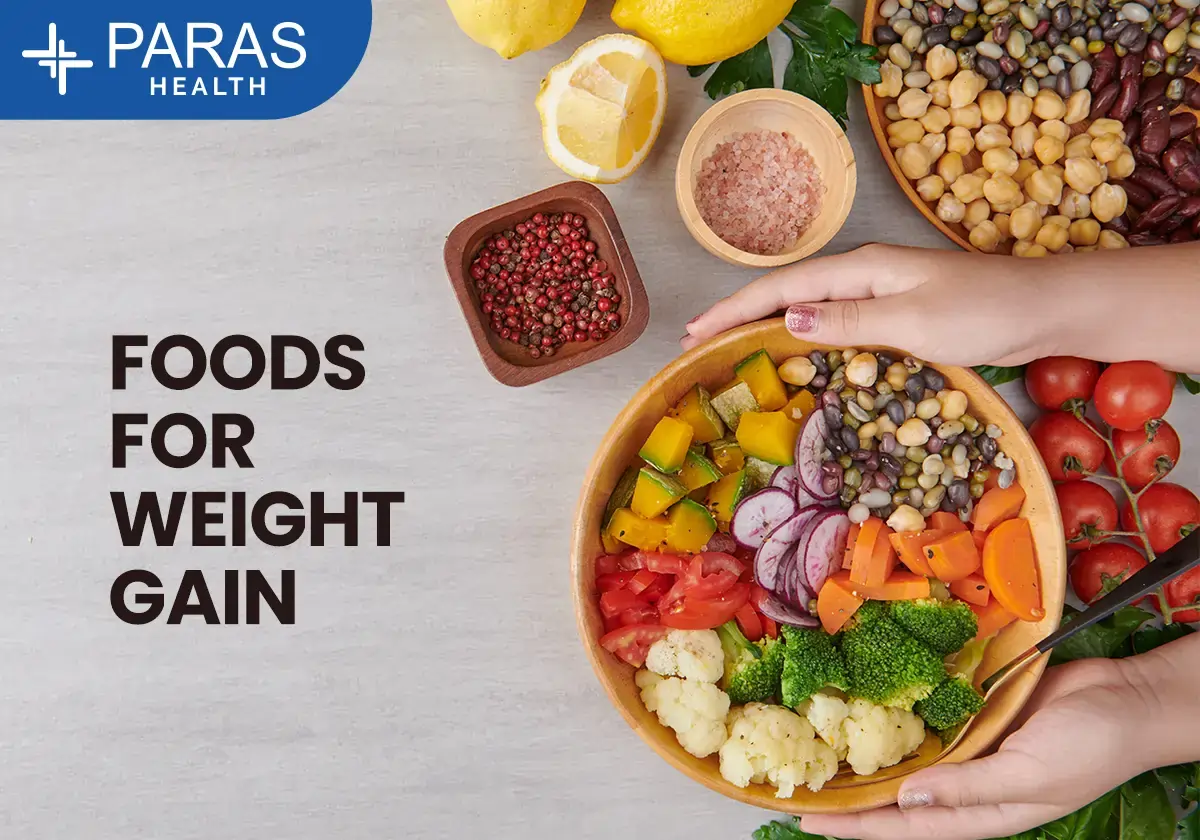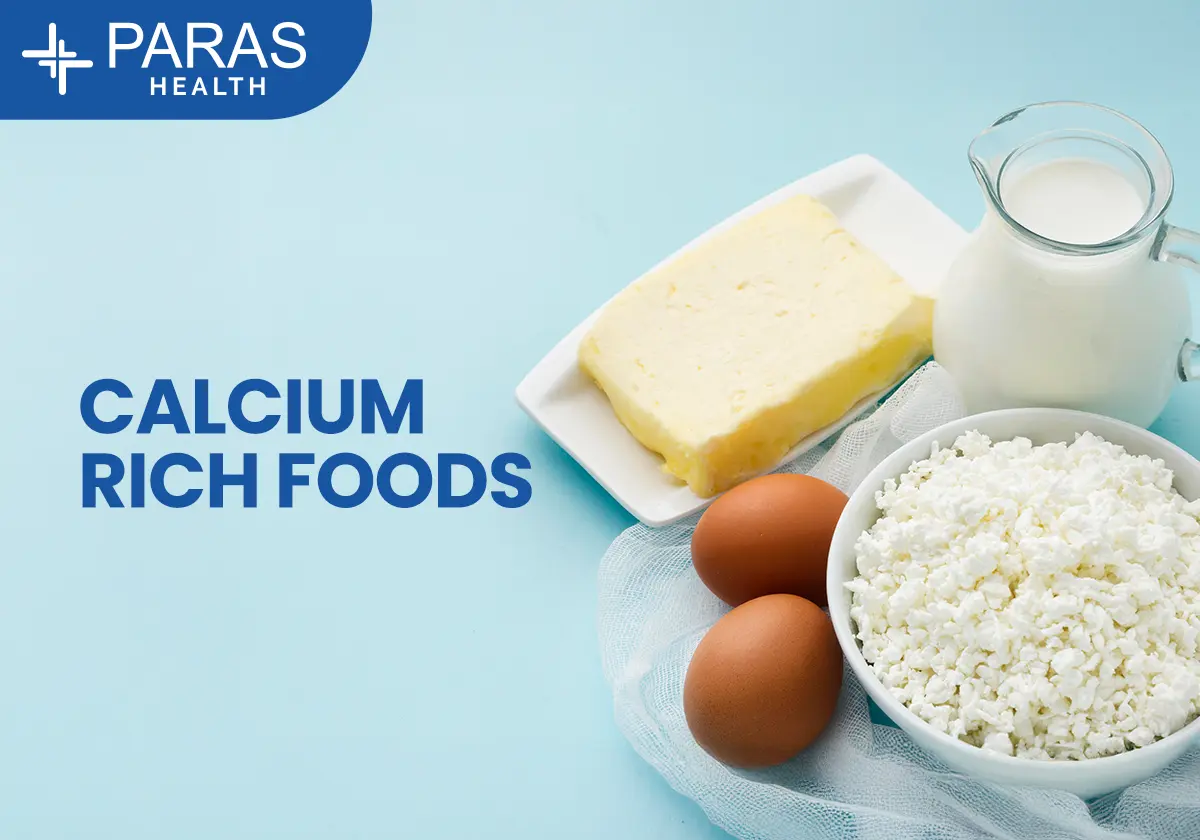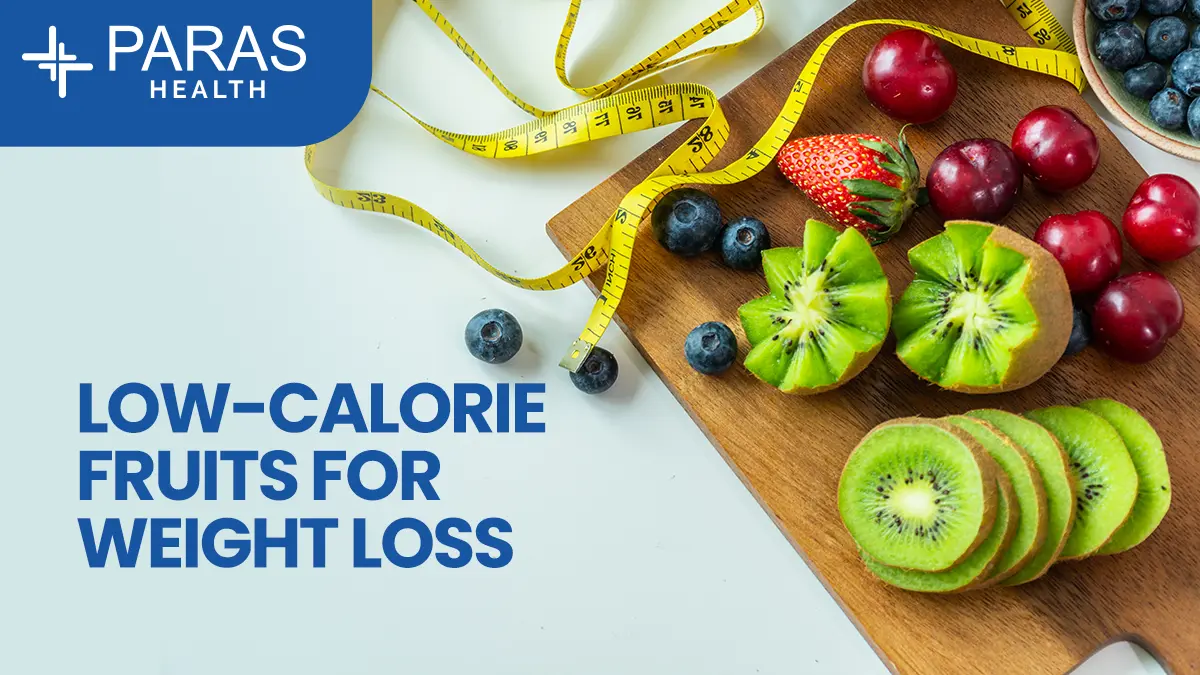Pumpkin Seeds: Benefits, Nutrition, Daily Intake & Complete Guide
Nov 27, 2025
Pumpkin seeds may look small, but they pack a powerful nutritional punch. Whether you're trying to lose weight, boost your immunity, improve sleep, balance hormones, or strengthen your heart—pumpkin seeds (also known as pepitas) can help. They are rich in protein, fiber, antioxidants, and essential minerals like magnesium, zinc, and iron, making them one of the most versatile superfoods you can easily add to your daily diet.
In this complete guide, we’ll explore:
- Nutritional value of pumpkin seeds
- Health benefits for men, women, diabetes, PCOS, sleep & heart
- How to eat pumpkin seeds (raw, roasted, soaked, powder, oil)
- Daily intake, best time to eat, precautions
- Pumpkin seeds vs chia, sunflower, flax & almonds
- FAQs for quick answers
Let’s get started.
What Are Pumpkin Seeds?
Pumpkin seeds are small, flat, oval-shaped edible seeds found inside pumpkins. They can be eaten raw, roasted, soaked, or in powdered form. You can also use pumpkin seed oil, which is popular for salads and cold dishes.
They are often called a “nutrient-dense superfood”, thanks to their high protein, magnesium, zinc, antioxidants, and healthy fats.
Common forms available:
- Raw pumpkin seeds
- Roasted pumpkin seeds
- Soaked pumpkin seeds
- Pumpkin seeds powder
- Pumpkin seeds oil
- Organic pumpkin seeds
- Salted/unsalted varieties
Pumpkin Seeds Nutrition: Calories, Protein & Minerals
Pumpkin seeds are loaded with essential nutrients your body needs daily. Here’s what makes them so powerful.
Key Nutrients in Pumpkin Seeds
- Calories: Low-to-moderate, depending on quantity
- Protein: Excellent plant-based source
- Fiber: Supports digestion & weight management
- Healthy fats: Good for heart & hormones
- Magnesium: Great for sleep, mood & muscles
- Zinc: Builds immunity & boosts hair growth
- Iron: Supports blood formation
- Antioxidants: Fight inflammation
Just a handful (about 1 tablespoon) can give you a meaningful portion of your daily mineral requirement.
Health Benefits of Pumpkin Seeds
Pumpkin seeds offer wide-ranging health benefits for men, women, and all age groups. Let’s look at them in detail.
Pumpkin Seeds for Weight Loss
Pumpkin seeds are rich in fiber and protein, which help keep you full for longer. This reduces unnecessary snacking and supports healthy weight loss. The healthy fats also help balance metabolism.
Boost Immunity
Thanks to their high zinc and antioxidant content, pumpkin seeds naturally strengthen your immune system. They also help fight infections and improve healing.
Improve Heart Health
Pumpkin seeds contain heart-friendly fats that lower bad cholesterol. Their magnesium content helps regulate blood pressure and supports heart rhythm.
Keywords included:
- pumpkin seeds for cholesterol
- heart health
Better Sleep & Mood
Pumpkin seeds contain tryptophan, a natural compound that promotes good sleep and reduces stress. Eating a small amount at night can help you relax and sleep better.
Support Digestion
Their high fiber content improves bowel movements, prevents constipation, and supports overall gut health.
Pumpkin Seeds for Hair Growth
Pumpkin seeds are rich in protein, zinc, and antioxidants—nutrients essential for strong hair, reduced hair fall, and improved scalp health.
Improve Skin Health
Pumpkin seeds reduce oxidative stress, prevent early signs of aging, and support a natural glow due to their antioxidant and vitamin E content.
Pumpkin Seeds for PCOS & Hormonal Balance
For women dealing with PCOS or irregular periods, pumpkin seeds help regulate hormones, reduce inflammation, and balance estrogen levels—all thanks to magnesium, zinc, and healthy fats.
Keywords included:
- pumpkin seeds for PCOS
- pumpkin seeds for women
- hormonal balance
Pumpkin Seeds for Diabetes
They have a low glycemic load and high fiber content, which helps maintain stable blood sugar levels and supports diabetic control.
Pumpkin Seeds for Men (Prostate Health)
Pumpkin seeds are known for improving prostate health, reducing urinary issues, and boosting male fertility and testosterone levels.
Keywords included:
- pumpkin seeds for men
- prostate health
How to Eat Pumpkin Seeds
Pumpkin seeds can be enjoyed in several delicious ways:
Raw Pumpkin Seeds
Good for quick snacking and salads.
Roasted Pumpkin Seeds
Crispy, flavourful, and perfect for munching.
Soaked Pumpkin Seeds
Easier to digest, ideal for morning routines.
Pumpkin Seeds Powder
Mix into smoothies, yogurt, soups, or baking.
Pumpkin Seed Oil
Use for salad dressings, dips, or drizzle on dishes.
Pumpkin Seeds Recipes
- Add to granola
- Sprinkle on salads
- Mix into smoothies
- Add to stir-fries
- Use in baking
How Many Pumpkin Seeds Should You Eat Daily?
1–2 tablespoons (15–30 grams) per day is the ideal daily intake.
This amount gives you enough protein, fiber, healthy fats, and minerals without excess calories.
Best Time to Eat Pumpkin Seeds
- Morning: Boosts energy & keeps you full
- Night: Helps improve sleep due to tryptophan
- Pre-workout: Provides protein & slow-release energy
- Mid-meal snack: Supports weight loss
Side Effects & Precautions
Pumpkin seeds are very safe, but keep these points in mind:
- Overeating can increase calorie intake.
- Salted/packaged seeds may contain excess sodium.
- May cause bloating if consumed in large quantities.
Stick to plain, unsalted versions for maximum health benefits.
Pumpkin Seeds vs Other Seeds
Pumpkin Seeds vs Chia Seeds
Pumpkin seeds are richer in minerals and protein; chia seeds offer more omega-3 and fiber.
Pumpkin Seeds vs Sunflower Seeds
Sunflower seeds are higher in vitamin E; pumpkin seeds have more zinc and magnesium.
Pumpkin Seeds vs Flax Seeds
Flax seeds contain more omega-3; pumpkin seeds provide more protein and minerals.
Pumpkin Seeds vs Almonds
Almonds are great for healthy fats; pumpkin seeds outperform in magnesium, zinc, and plant protein.
Where to Buy Pumpkin Seeds?
You can purchase:
- Organic pumpkin seeds
- Raw & roasted pumpkin seeds
- Pumpkin seeds online
- Pumpkin seeds wholesale
Always look for:
Fresh packaging
No added salt or preservatives
Organic and unroasted options
FAQs
Are pumpkin seeds good for weight loss?
Yes, pumpkin seeds help with weight loss because they are rich in fiber and protein, which keep you full and prevent overeating.
Can I eat pumpkin seeds daily?
Yes, you can eat pumpkin seeds daily. A small amount (1–2 tablespoons) is enough to get all the benefits without extra calories.
How many pumpkin seeds should I eat per day?
Around 15–30 grams a day is ideal for most adults. This supports heart, digestion, hormones, and metabolism.
Are pumpkin seeds good for hair growth?
Absolutely! They contain zinc, protein, and antioxidants that strengthen hair roots, reduce hair fall, and promote growth.
What is the best time to eat pumpkin seeds?
Morning for energy or night for better sleep. You can also eat them as a mid-meal snack.
Are pumpkin seeds good for diabetes?
Yes, pumpkin seeds help regulate blood sugar due to their fiber and low glycemic impact, making them great for diabetics.
Can pumpkin seeds help with PCOS?
Yes, pumpkin seeds support hormonal balance, reduce inflammation, and help regulate periods in PCOS.
Are pumpkin seeds good for men’s prostate health?
Pumpkin seeds are excellent for men. They support prostate health, fertility, and testosterone balance.
How should I eat pumpkin seeds for health benefits?
You can eat them raw, roasted, soaked, or as powder. Add them to salads, smoothies, yogurt, or snacks.
What is the nutritional value of pumpkin seeds?
They are rich in protein, magnesium, zinc, iron, fiber, and antioxidants—making them a complete nutrient-dense superfood.



.webp)
